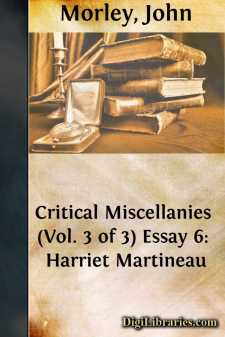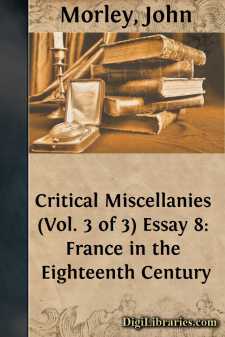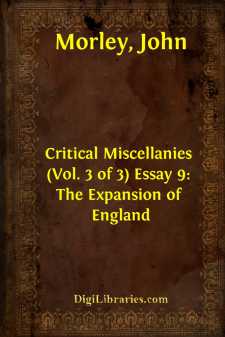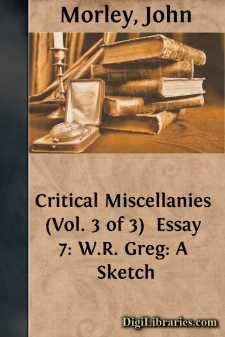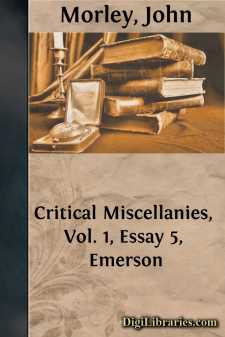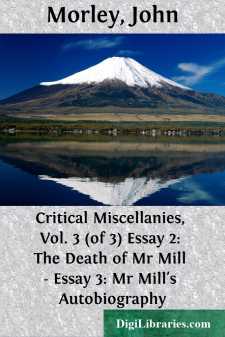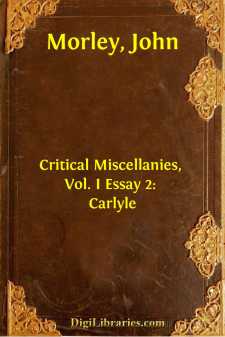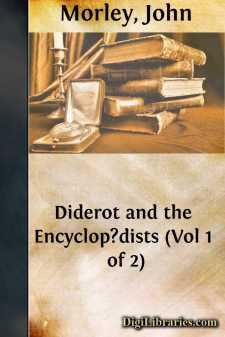Categories
- Antiques & Collectibles 13
- Architecture 36
- Art 48
- Bibles 22
- Biography & Autobiography 816
- Body, Mind & Spirit 145
- Business & Economics 28
- Children's Books 18
- Children's Fiction 14
- Computers 4
- Cooking 94
- Crafts & Hobbies 4
- Drama 346
- Education 58
- Family & Relationships 59
- Fiction 11831
- Foreign Language Study 3
- Games 19
- Gardening 17
- Health & Fitness 34
- History 1378
- House & Home 1
- Humor 147
- Juvenile Fiction 1873
- Juvenile Nonfiction 202
- Language Arts & Disciplines 89
- Law 16
- Literary Collections 686
- Literary Criticism 179
- Mathematics 13
- Medical 41
- Music 40
- Nature 179
- Non-Classifiable 1768
- Performing Arts 7
- Periodicals 1453
- Philosophy 66
- Photography 2
- Poetry 897
- Political Science 203
- Psychology 45
- Reference 154
- Religion 516
- Science 126
- Self-Help 86
- Social Science 82
- Sports & Recreation 34
- Study Aids 3
- Technology & Engineering 59
- Transportation 23
- Travel 463
- True Crime 29
Sort by:
by:
John Morley
HARRIET MARTINEAU. In 1850 Charlotte Brontë paid a visit to Harriet Martineau at Ambleside, and she wrote to her friends various emphatic accounts of her hostess. 'Without adopting her theories,' Miss Brontë said, 'I yet find a worth and greatness in herself, and a consistency, benevolence, perseverance in her practice, such as wins the sincerest esteem and affection. She is not a...
more...
by:
John Morley
FRANCE IN THE EIGHTEENTH The announcement that one of the most ingenious and accomplished men of letters in Europe was engaged upon a history of the French Revolution, raised some doubts among those who have thought most about the qualifications proper to the historian. M. Taine has the quality of the best type of a man of letters; he has the fine critical aptitude for seizing the secret of an...
more...
by:
John Morley
THE EXPANSION OF ENGLAND. 'There is a vulgar view of politics which sinks them into a mere struggle of interests and parties, and there is a foppish kind of history which aims only at literary display, which produces delightful books hovering between poetry and prose. These perversions, according to me, come from an unnatural divorce between two subjects which belong to one another. Politics are...
more...
by:
John Morley
W. R. GREG: A SKETCH. It is perhaps a little hard to undertake to write about the personality of a thinker whose ideas one does not share, and whose reading of the events and tendencies of our time was in most respects directly opposite to one's own. But literature is neutral ground. Character is more than opinion. Here we may forget the loud cries and sounding strokes, the watchwords and the...
more...
by:
John Morley
Ralph Waldo Emerson was born at Boston, May 25, 1803. He was of an ancient and honourable English stock, who had transplanted themselves, on one side from Cheshire and Bedfordshire, and on the other from Durham and York, a hundred and seventy years before. For seven or eight generations in a direct and unbroken line his forefathers had been preachers and divines, not without eminence in the Puritan...
more...
by:
John Morley
THE DEATH OF MR. MILL. (May 1873.) The tragic commonplaces of the grave sound a fuller note as we mourn for one of the greater among the servants of humanity. A strong and pure light is gone out, the radiance of a clear vision and a beneficent purpose. One of those high and most worthy spirits who arise from time to time to stir their generation with new mental impulses in the deeper things, has...
more...
by:
John Morley
CARLYLE. The new library edition of Mr. Carlyle's works may be taken for the final presentation of all that the author has to say to his contemporaries, and to possess the settled form in which he wishes his words to go to those of posterity who may prove to have ears for them. The canon is definitely made up. The golden Gospel of Silence is effectively compressed in thirty fine volumes. After all...
more...
by:
John Morley
BYRON. It is one of the singular facts in the history of literature, that the most rootedly conservative country in Europe should have produced the poet of the Revolution. Nowhere is the antipathy to principles and ideas so profound, nor the addiction to moderate compromise so inveterate, nor the reluctance to advance away from the past so unconquerable, as in England; and nowhere in England is there...
more...
by:
John Morley
CHAPTER I.OTHER DIALOGUES. We may now pass to performances that are nearer to the accepted surface of things. A short but charming example of Diderot’s taste for putting questions of morals in an interesting way, is found in the Conversation of a Father with his Children (published in 1773). This little dialogue is perfect in the simple realism of its form. Its subject is the peril of setting one’s...
more...
by:
John Morley
There was a moment in the last century when the Gallican church hoped for a return of internal union and prosperity. This brief era of hope coincided almost exactly with the middle of the century. Voltaire was in exile at Berlin. The author of the Persian Letters and the Spirit of Laws was old and near his end. Rousseau was copying music in a garret. The Encyclopædia was looked for, but only as a...
more...


